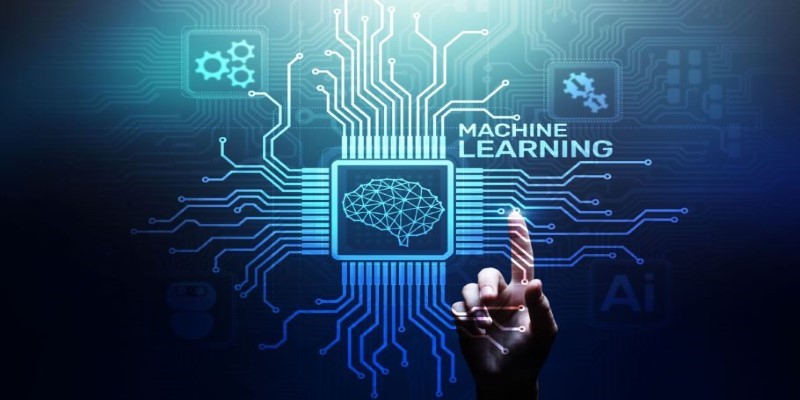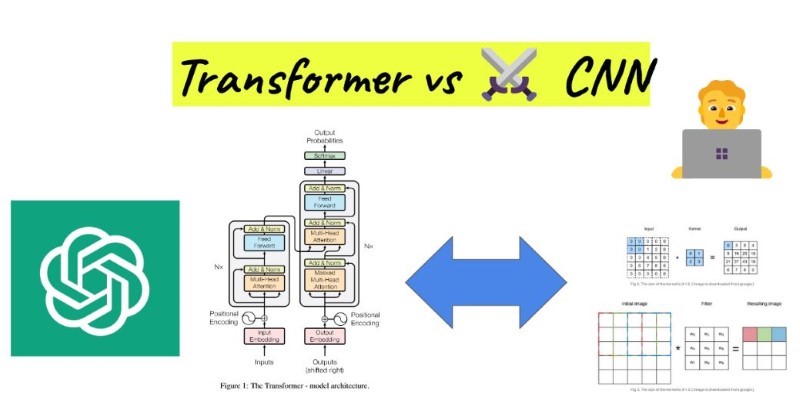Artificial intelligence has advanced beyond automation, now generating content, data, and financial insights. This shift has given rise to generative AI, a technology that creates new material from existing data, mimicking human creativity. Unlike traditional AI, which predicts outcomes, generative AI produces original text, images, and models, impacting industries like finance, healthcare, and media.
In finance, it automates reports, enhances market predictions, and optimizes investment strategies. Businesses are leveraging AI-driven automation to refine decision-making and improve efficiency. As generative AI continues evolving, its ability to reshape financial processes and business operations makes it a transformative force in modern industries.
What Is Generative AI?
Generative AI is a branch of artificial intelligence that focuses on creating new data rather than just analyzing existing information. It is powered by deep learning techniques such as neural networks, allowing machines to generate human-like text, images, music, and even complex financial models. Unlike rule-based automation, which follows pre-established instructions, generative AI is trained from massive databases, improving over time as it refines its results.
Technologies that power generative AI mainly rely on machine-learning frameworks such as transformers and GANs (generative adversarial networks). These frameworks allow an AI system to output close-to-tangible generated data based on the available training data. The conversation AI within this scheme is driven by OpenAI's more recent GPT models, which learn from enormous text datasets to output conversation responses similar in sound to human talking. The models working in finance work analogously to generate market forecasts, create investment strategies, and even identify patterns of fraud.
One of the most significant regions that distinguishes generative AI is its capability to learn and create new content. Instead of merely classifying data or computing statistical analysis, it can generate financial reports, draft legal documents, and carry out decision-making automatically with higher velocity. Such a magnitude of automation is taking businesses into a more streamlined and data-driven era.
The Role of Generative AI in Finance
Generative AI is redefining financial operations by automating complex tasks, enhancing decision-making, and improving industry efficiency.
Transforming Financial Data Management

Financial institutions depend on technology to handle massive data volumes. Generative AI enhances this by generating insights, forecasts, and strategies rather than just processing data. The banking and investment sectors benefit significantly from using AI for automated financial modeling, fraud detection, and risk assessment. AI also improves efficiency, reduces errors, and accelerates data-driven decision-making across financial institutions.
Automated Financial Reporting
Generative AI revolutionizes financial reporting by automating data compilation. Instead of relying on manual efforts, AI generates detailed reports based on real-time financial data. This enhances forecasting accuracy, reduces human error, and enables businesses to analyze trends more efficiently. Companies can leverage AI-generated reports to optimize investment strategies and better understand market fluctuations, improving overall financial decision-making.
Fraud Detection and Risk Assessment
Another major area where generative AI is making an impact is fraud detection and risk assessment. AI-powered models analyze transactions in real time, identifying anomalies and potentially fraudulent activities. Traditional fraud detection systems rely on set rules, which can sometimes miss new fraud patterns. Generative AI, on the other hand, continuously learns from evolving threats, making it a more adaptive and efficient tool in combating financial crimes.
AI-Driven Investment Strategies
AI is transforming investment strategies by analyzing market trends, past investments, and real-time fluctuations. Generative AI generates optimized trading strategies, enabling hedge funds and investment firms to make faster, data-driven decisions. This automation reduces reliance on human analysts, improving efficiency, accuracy, and risk management in financial markets while maximizing potential returns for investors and businesses.
Enhancing Customer Service with AI
Financial institutions use AI-driven automation to improve customer service. Generative AI-powered chatbots handle inquiries, provide financial advice, and assist with banking transactions. This reduces the need for human intervention, cutting operational costs while improving efficiency. AI-driven automation enhances customer experience by delivering personalized services, faster responses, and round-the-clock assistance for banking and financial services clients.
Challenges and Ethical Considerations
As generative AI becomes more integrated into financial systems, it brings both opportunities and risks that must be carefully managed to ensure fairness, security, and accountability.
Data Bias and Reliability

While generative AI offers efficiency, data bias remains a major challenge. Since AI models learn from historical data, they may inherit and amplify biases. In finance, this can result in biased loan approvals, inaccurate risk assessments, or unfair financial recommendations. Ensuring transparency, fairness, and regulatory compliance in AI-driven decision-making is essential to prevent discriminatory outcomes.
AI-Generated Misinformation
Generative AI can create financial reports and predictions, but misinformation is a risk. In volatile markets, inaccurate AI-generated reports or manipulated data could cause economic instability. Human experts must always review financial advice generated by AI to ensure accuracy, prevent manipulation, and mitigate the impact of misleading or false financial information.
Cybersecurity and AI Risks
AI handles vast amounts of sensitive financial data, making it a target for cyberattacks. Hackers could exploit AI models to generate false reports, authorize fraudulent transactions, or manipulate financial systems. Strengthening AI security measures, implementing robust monitoring, and maintaining strict data protection protocols are necessary to mitigate risks and safeguard financial integrity.
Ethical Oversight in Decision-Making
The automation of investment strategies and loan approvals raises concerns about AI’s ethical use in finance. Without human oversight, AI-driven decisions may lack accountability or fairness. Striking a balance between AI efficiency and human intervention is crucial to ensuring responsible AI use while preventing unintended financial consequences in high-stakes decision-making.
Conclusion
Generative AI is revolutionizing finance by automating financial modeling, fraud detection, and investment strategies. Its ability to generate real-time insights enhances decision-making and efficiency. However, challenges like data bias, misinformation, and security risks must be carefully managed. While AI-driven automation streamlines processes, human oversight remains essential to ensure fairness and accuracy. Financial institutions must strike a balance between leveraging AI’s capabilities and maintaining ethical responsibility. As technology evolves, the future of finance will depend on integrating AI with human expertise to create a more efficient, transparent, and secure financial landscape that benefits businesses and consumers alike.











